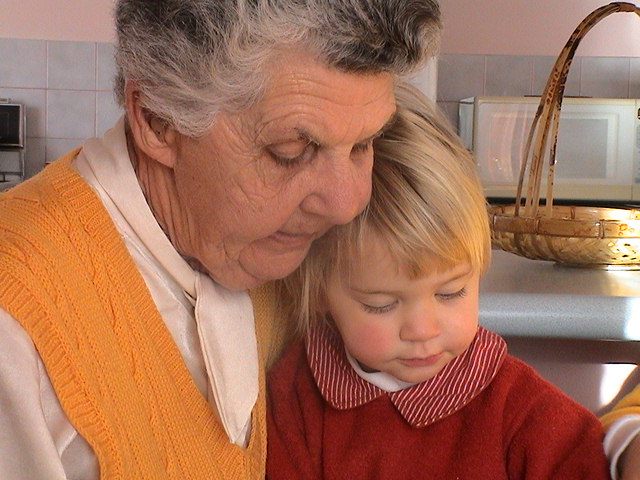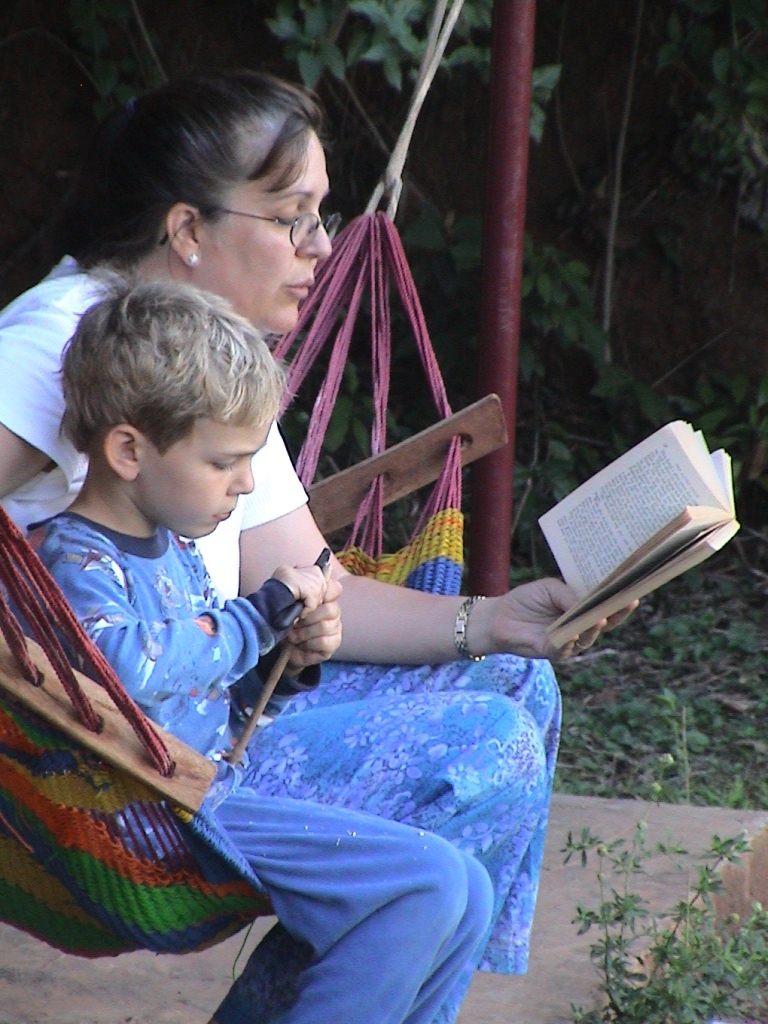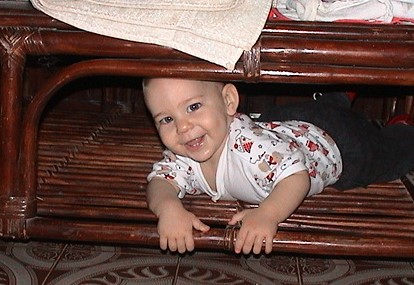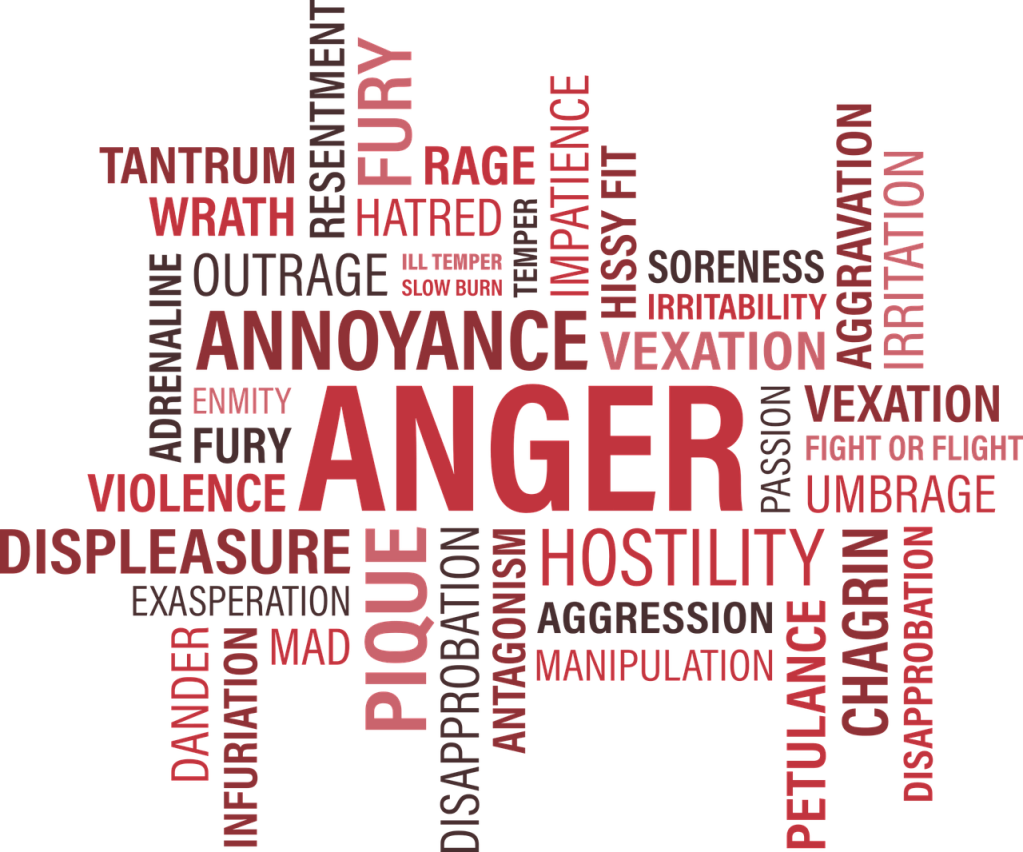Be the Role Model
A child’s behaviour gives away a lot of truth about the dynamics in our family. As parents we can fool outsiders, but our children give us away. If our children shout at others, it’s because they see shouting as a way to communicate their frustration at not being heard and understood. If they belittle each other then that is what is being modelled to them or what we are letting them get away with. If we are concerned about what is coming from our children’s mouths then the way to bring change is to start with ourselves. James (3:10) warns, “out of the same mouth come praise and cursing. My brothers and sisters, this should not be.” Let’s be courageous and ask, what are we modelling or what are we permitting?
If we want polite and kind children then we need to show kindness when we talk, using courteous phrases like ‘please’ and ‘thank you’. When we are hurt, we model forgiveness using, ‘I forgive you’. When we wrong another member of the family, we need the courage to say, ‘I’m sorry, please forgive me.’ These simple words are the hardest yet most powerful four phrases that we can express, as long as actions accompany them.
Be the Teacher
There are two things needed: modelling and teaching. Without modelling we don’t have the right to correct our children, but without teaching, our children still might not learn healthy communication. I’m sure we all know plenty of lovely parents who have bratty kids, simply because they don’t have the courage or the understanding to teach their children how to communicate well. Both are necessary. Let’s be like the woman in Proverbs:
She opens her mouth with wisdom, And on her tongue is the law of kindness.
Proverbs 31:26
Set limits
Limit or avoid contact with any forms of unhealthy communication which might be found in books, movies, or with people that are not careful with their language. The younger the child, the more careful and protective we need to be, as early exposure is detrimental. As a child gets older we can help them interpret unhealthy communication as they will encounter it in life and they need to learn how to deal with it. We don’t want to keep them in a protective bubble all their childhood because then they won’t have the strategies and the fortitude to withstand any negative outside pressure.
Be Patient
Give children time to talk. Be aware of siblings that might dominate or answer for the younger ones. I grew up in a family where I was chatty and my parents talked a lot. My younger brother didn’t often get a chance to get a word in and often someone else would answer for him rather than wait patiently. Our only boy has four older sisters and they need to be reminded occasionally to allow him to share his thoughts.
Be Empathetic
Life can be tough and our children need to know that they have a safe haven at home where they can debrief the troubles and joys of their day. Often just a listening ear and some warmth and encouragement is enough to help children handle the struggles they face. When we need to discipline our children it is vital to couch the necessary correction in compassionate terms. “Children can handle the known logical consequences of their mistakes like a time-out, loss of TV privileges or loss of a trip to the park much better than they can handle relationship consequences like anger, guilt shame, condemnation or abandonment. Children hide from relational consequences more than the known logical consequences of their behaviour.”1
When we speak with empathy, while keeping limits, we show we are on their side. Love helps internalise the limit. Words like the following help:
- I know, honey, it’s not fair.
- I agree it’s hard, I hate it too when I don’t get what I want.
- I understand. No, you still can’t go.
It’s okay for a child to feel hurt and angry when they don’t get their way. We need to help our children express those feelings in healthy ways. If we are frightened of their feelings, we will inadvertently disallow them the right to feel hurt. The trouble is that we sometimes interpret our children’s hurt and anger as rejection of us. We need the courage to be “hated”. If we can tolerate being seen as a “bad” parent by our child, we can stay in control. God tolerates a lot of bad behaviour from us. He doesn’t retaliate or withdraw his love. Neither should we.
Our children’s emotional response can also trigger our own hurt and anger and then an inappropriate response might be to react in anger or disallowing them to express theirs. I have found that there are times I get frustrated with my children and if I stop and reflect, I see I am frustrated either about a separate issue or my own sense of inability to parent at that point. Dealing with myself first always has the best outcomes.
Be Open and Direct
If we threaten or induce fear, our children will probably retaliate or hide the truth. This is a situation we don’t want. Give very clear guidelines on what the rules and expectations are and what consequences will follow if rules are broken, then follow through. The main reason parents are indirect is because of fear, fear of a loss of love or a reaction. We need our children to know that we are bigger than their emotions. We can help them face their emotions by being empathetic when they share their pain, no matter the source: whether it has come from a limit we have imposed, or a hurt in life.
Our role is to help our children express their pain appropriately, and respond with what is most helpful: reiterate the limit with empathy, apologise if we are wrong or wait till the emotion has subsided to make a teaching moment of what has happened so that our child can become independent in working through problems life throws at them.2
Children are watching us to see how we communicate and respond to life’s struggles. As we learn better ways of relating, it will provide them with good examples to follow. As we draw closer to God, we see His ways of dealing with us are firm but compassionate. Jesus is our role model and as we follow him we become healthy models for our children too.
Stay tuned for the next in our series on developing character: Truthfulness
1 Cloud, Henry & Townsend, John, Boundaries with Kids: When to Say Yes, When to Say No to help your Children Gain Control over their Lives Strand Publishing: Sydney, 1998. p. 35
2 Cloud, Henry & Townsend, John, p. 192-199








